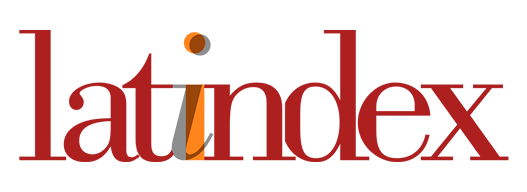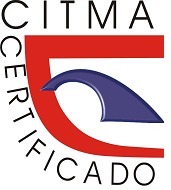Review of open science practices in Latin America and the Caribbean
Keywords:
Open Science, Latin-America, The CaribbeanAbstract
The Open Science movement has been gaining ground, characterized by a greater dynamic and leading role, implying a paradigm shift that is affecting the ways of producing, disseminating, evaluating and communicating science in all regions of the world. In the Ministry of Higher Education of Cuba actions are carried out in correspondence with the development that exists at the international level in the area of Open Education and Science. However, it is unknown what are the fundamental practices in the universities of the region that allow the elaboration of a policy for the Cuban context. From there, the objective is to: Characterize CA practices in the context of Latin American and Caribbean universities. The research is descriptive, since the CA practices given by different authors are characterized. The initiatives, laws, policies in different Universities in Latin America and the Caribbean related to Education and Open Science are detailed. Document Analysis was used. The results were classified in four dimensions to describe the practices found: Legal framework, Procedural framework, Training framework and research framework. The largest advanced ones are concentrated in Brazil, Argentina, Chile, Colombia and Mexico. The Latin American panorama is characterized by a disparity in CA practices. There are more practices associated with open access in repositories and scientific publications, rather than open data or open peer review policies
References
Anglada, L., & Abadal, E. (2018). ¿ Qué es la ciencia abierta? Anuario Think EPI, 12.
Arza, V., Fressoli, M., & López, E. (2017). Ciencia abierta en Argentina: un mapa de experiencias actuales. Ciencia, docencia y tecnología, 55.
Babini, D., & Rovelli, L. (2020). Tendencias recientes en las políticas científicas de ciencia abierta y acceso abierto en Iberoamérica: CLACSO-Fundación Carolina.
Beigel, F., & Schallier, W. (2021). TALLER ONLINE: Ciencia abierta y sistemas de evaluación de la ciencia. Retrieved 5 julio, 2021, from https://biblioteca.usach.cl/actividades/taller-online-ciencia-abierta-y-sistemas-de-evaluaci%C3%B3n-de-la-ciencia
BIREME. (2021). Taller Nacional de Publicación Científica de Cuba publiCIENT 2021 promueve la ciencia abierta. Boletín BIREME/OPS/OMS, 54.
De Filippo, D., & D'Onofrio, M. G. (2019). Alcances y limitaciones de la ciencia abierta en Latinoamérica: análisis de las políticas públicas y publicaciones científicas de la región. Hipertext. net(19), 32-48.
FOSTER. (2018). Manual de Capacitación sobre Ciencia Abierta Retrieved from https://book.fosteropenscience.eu/es/
Hernández-Losada, D. F., & Monroy-Varela, S. E. (2018). Lineamientos Para Una Política De Ciencia Abierta En Colombia. Bogotá: Departamento Administrativo de Ciencia, Tecnología e Innovación- Colciencias
Masuzzo, P., & Martens, L. (2017). Do you speak open science? Resources and tips to learn the language.
Molloy, J. C. (2011). The open knowledge foundation: open data means better science. PLoS biology, 9(12), e1001195.
Referencia, L. (2018). Políticas para la Ciencia Abierta y los Datos Científicos en América Latina. from http://www.lareferencia.info/pt/recursos/ciencia-abierta-documentos-externos/77-la-referencia-politicas-para-la-ciencia-abierta-y-los-datos-cientificos-en-america-latina-es
UNESCO. (2020). Anteproyecto de recomendación de la UNESCO sobre la ciencia abierta from https://es.unesco.org/sites/default/files/es-20-03117_anteproyecto_de_recomendacion_de_la_unesco_sobre_la_ciencia_abierta.pdf
Vidal Ledo, M., Zayas Mujica, R., & Alfonso Sánchez, I. (2018 ). Open Science. Revista Cubana de Educación Médica Superior, 32(4), 303-317.
Downloads
Published
How to Cite
Issue
Section
License
Copyright (c) 2022 Grizly Meneses Placeres

This work is licensed under a Creative Commons Attribution-NonCommercial 4.0 International License.













